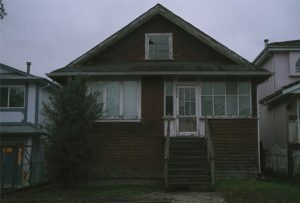Explore the financial landscape of reverse mortgages and unravel the mechanics behind this unique financial instrument. Discover the ins and outs of how a reverse mortgage works, empowering you with the knowledge to make informed decisions about your financial future. Navigate the intricacies of unlocking home equity in this concise guide to reverse mortgages.
What is a reverse mortgage?
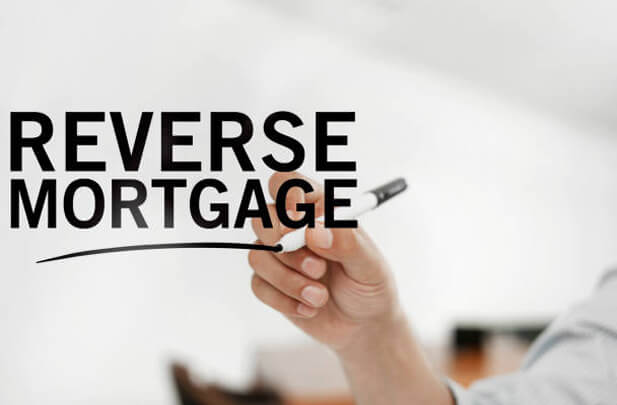
A reverse mortgage is a financial arrangement designed for homeowners, typically seniors, that allows them to convert a portion of their home equity into cash without selling their property. Another name for a reverse mortgage is an equity loan, or cash-back loan.
Unlike traditional mortgages, in a reverse mortgage, the lender makes payments to the homeowner through a lump sum, monthly installments, or a line of credit. The loan is repaid when the homeowner sells the home, moves out, or passes away, and it is often used to supplement retirement income or cover unexpected expenses.
How does a reverse mortgage work
Discover the workings of a reverse mortgage—unlocking home equity without selling your property. This concise overview guides you through the process, offering insights into tapping into funds while retaining homeownership.
Explore the steps involved to better understand the benefits and considerations of this unique financial option.
1. A reverse mortgage increases your debt and can use up your equity
A reverse mortgage augments your financial liabilities and has the potential to deplete your home equity over time. Instead of reducing your mortgage balance, this arrangement increases your debt as you receive funds, impacting the overall equity in your home.
It’s essential to recognize that while a reverse mortgage provides immediate financial relief, it comes with the trade-off of diminishing the value you hold in your property.
2. A reverse mortgage can limit your options down the road
Opting for a reverse mortgage may impose future limitations on your financial choices. As you leverage your home equity, keep in mind that this decision can impact your flexibility down the road, potentially affecting relocation plans or leaving fewer options for your heirs.
Understanding the potential constraints is crucial when considering the long-term implications of a reverse mortgage.
3. A reverse mortgage can be an expensive way to borrow
A reverse mortgage can be a costly borrowing option due to its associated fees and interest rates. While it provides a means to access home equity without selling the property, borrowers should be aware of expenses such as origination fees, closing costs, and interest accumulation.
Careful consideration is essential, as the overall cost of a reverse mortgage may outweigh its benefits, making it crucial for individuals to evaluate alternative financing options.
How Much Will I Get with a Reverse Mortgage?
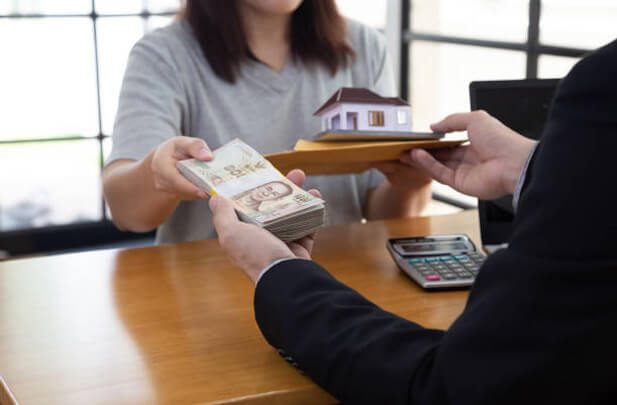
The amount you receive with a reverse mortgage depends on factors such as your age, home value, and current interest rates. Generally, older borrowers with higher home values can access more funds.
The loan amount may be disbursed as a lump sum, monthly payments, or a line of credit, offering flexibility to meet your financial needs. Consulting with a reverse mortgage specialist can help you determine the specific amount you qualify for based on your individual circumstances.
Reverse Mortgage Eligibility
Unlock the key criteria that determine eligibility for a reverse mortgage with this brief exploration. Discover the fundamental factors, such as age, home ownership status, and property type, that play a pivotal role in qualifying for this financial option.
Gain insights into the eligibility requirements, empowering you to make informed decisions about leveraging your home equity for financial flexibility.
Eligible Homeowners
Eligible homeowners for a reverse mortgage typically meet age requirements, usually 62 or older, own their home outright or have a low mortgage balance, and live in the property as their primary residence. The eligibility criteria may vary slightly based on the specific reverse mortgage program.
Understanding these qualifications is crucial for homeowners seeking to leverage their home equity through this financial option.
Eligible Homes
Eligible homes for a reverse mortgage are typically primary residences, including single-family houses, condominiums, and certain multi-unit properties. The property must meet Federal Housing Administration (FHA) standards, ensuring its safety and habitability.
Understanding the criteria for eligible homes is crucial when considering a reverse mortgage, as it influences the feasibility of tapping into your home equity for financial purposes.
Types of Reverse Mortgages
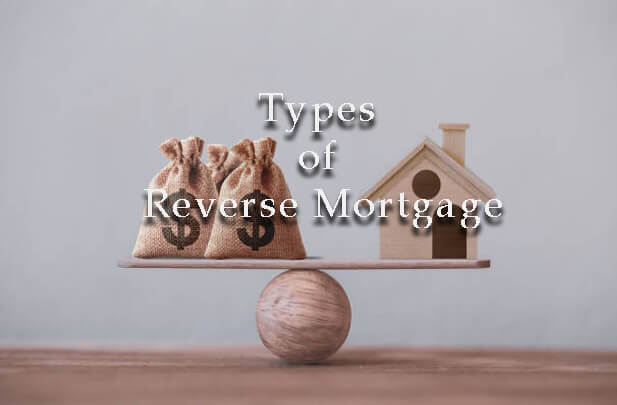
Embark on a concise journey through the diverse landscape of reverse mortgages by exploring the various types available.
From Home Equity Conversion Mortgages (HECMs) to proprietary and single-purpose reverse mortgages, this overview sheds light on the distinct options tailored to different financial needs. Gain a foundational understanding of the types of reverse mortgages, empowering you to make informed decisions about leveraging your home equity.
Home Equity Conversion Mortgage (HECM)
A Home Equity Conversion Mortgage (HECM) is a federally insured reverse mortgage program designed for seniors aged 62 and older.
Administered by the Federal Housing Administration (FHA), HECMs allow homeowners to convert a portion of their home equity into tax-free funds, providing financial flexibility without monthly repayments. The loan is repaid when the homeowner sells the home, moves out, or passes away, with the option to receive the funds as a lump sum, monthly payments, or a line of credit.
Single-Purpose Reverse Mortgage
A Single-Purpose Reverse Mortgage is a specialized financial option where the lender specifies a single, predetermined purpose for the funds, such as home renovations or property taxes.
Typically offered by government or non-profit entities, these mortgages are designed to meet specific needs and may have income restrictions. Understanding the unique features of a Single-Purpose Reverse Mortgage is essential for homeowners seeking targeted financial assistance for particular expenses.
Jumbo Reverse Mortgage
A Jumbo Reverse Mortgage is a specialized financial product designed for homeowners with high property values that exceed the limits set by the Federal Housing Administration (FHA).
Offering an alternative to traditional Home Equity Conversion Mortgages (HECMs), Jumbo Reverse Mortgages allow eligible individuals to access a larger portion of their home equity. This option is particularly suitable for those with substantial property values seeking enhanced financial flexibility in retirement.
Costs for Reverse Mortgages
The costs associated with reverse mortgages include upfront expenses like origination fees, closing costs, and mortgage insurance premiums. Additionally, interest accrues on the loan over time.
While these costs can be substantial, they are typically rolled into the loan amount, minimizing out-of-pocket expenses. Understanding the various costs involved is essential for borrowers considering a reverse mortgage, as it influences the overall financial implications of utilizing home equity.
Things To Consider Before You Get a Reverse Mortgage
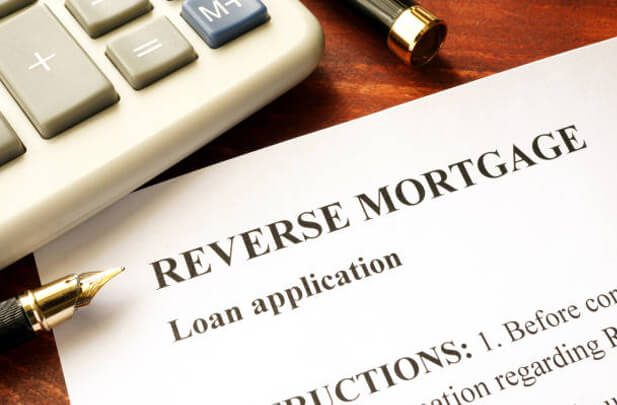
Before venturing into a reverse mortgage, grasp the crucial considerations outlined in this brief intro. Understand the potential impact on inheritances, associated costs, and the long-term implications for your home equity. Gain insights into key aspects, empowering informed decisions before proceeding.
1. How a reverse mortgage could affect your family
A reverse mortgage can impact your family by potentially reducing the inheritance they receive, as the loan must be repaid when the homeowner moves out or passes away. While the homeowner retains the right to live in the home, the repayment often involves selling the property.
Understanding these implications is essential, as it enables thoughtful consideration of how a reverse mortgage may affect your family’s financial future.
2. What your heirs will owe
With a reverse mortgage, what your heirs will owe depends on the loan balance at the time of your passing or when the home is sold. They can repay the loan by selling the home or using other assets.
If the loan balance exceeds the home’s value, heirs are not personally responsible for the difference. Communicating these details with your heirs and planning accordingly to understand the financial implications clearly is essential.
3. How long do you plan to stay in your home
Consider how long you plan to stay when contemplating a reverse mortgage. This duration is crucial because the loan becomes due when you sell the house, move out, or pass away.
Assessing your long-term residence plans helps determine whether a reverse mortgage aligns with your financial goals and circumstances.
Pros And Cons Of A Mortgage Reversal

Dive into the pros and cons of mortgage reversals with this brief introduction. Gain insights into the benefits and challenges of this unique financial option to make informed decisions about your financial future.
Advantages Of A Reverse Mortgage
The advantages of a reverse mortgage include providing a steady income stream and allowing homeowners to tap into their home equity without selling the property.
This financial option is particularly beneficial for retirees, offering increased cash flow, flexibility in receiving funds, and the ability to stay in their homes. Additionally, reverse mortgages typically don’t require monthly repayments, providing a source of income without adding to regular financial burdens.
Disadvantages Of A Reverse Mortgage
While a reverse mortgage can provide financial flexibility, it comes with certain disadvantages. One drawback is the potential reduction in the inheritance for heirs, as the loan is repaid from the proceeds of the home sale.
Additionally, fees and interest can accrue over time, affecting the overall cost. Understanding these disadvantages is crucial in assessing whether a reverse mortgage aligns with your long-term financial goals and priorities.
How do I watch out for scams related to reverse mortgages?
Safeguarding yourself from scams related to reverse mortgages is paramount in navigating this financial landscape. In this brief introduction, we’ll explore key strategies to identify and avoid potential fraudulent schemes, empowering you with the knowledge to make secure and informed decisions when considering a reverse mortgage.
Contractor scams
Contractor scams involve dishonest practices by individuals or companies offering services such as home repairs or renovations. These scams may include inflated costs, subpar workmanship, or even failure to deliver services after payment.
To protect yourself, it’s crucial to thoroughly vet contractors, check references, and obtain written agreements detailing the scope of work and costs before engaging in any home improvement projects. Awareness of common red flags helps in preventing falling victim to contractor scams.
Scams targeting veterans
Scams targeting veterans often exploit their military status and benefits. These scams can range from fake charities to fraudulent investment schemes. Veterans should be vigilant, verify the legitimacy of offers, and seek assistance from trusted sources to protect themselves from scams targeting their unique circumstances and benefits.
Mastering Reverse Mortgages with the Sire Financial Comprehensive Guide

Embark on a comprehensive journey through the intricacies of reverse mortgages with Sire Financial. From understanding the fundamentals of reverse mortgage workings to exploring the eligibility criteria and types of reverse mortgages available, our guide provides invaluable insights. Delve into the pros and cons, discover potential financial implications for your heirs, and navigate considerations before venturing into a reverse mortgage.
As you equip yourself with knowledge, our guide also sheds light on guarding against scams, ensuring a secure path in your financial exploration. Rely on Sire Financial for a reliable and informative resource on the multifaceted world of reverse mortgages.
